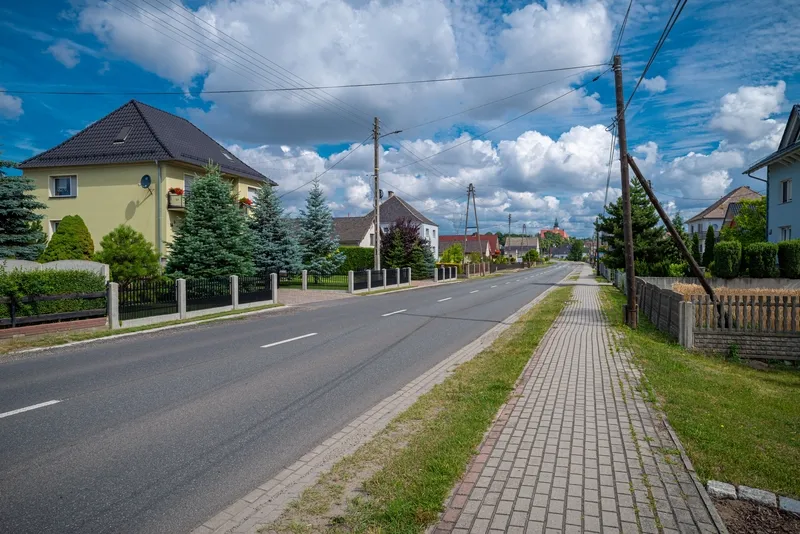Brazil has built nearly 5,200km of roads in the past four years, according to a review of the federal government's PAC Phase 2 accelerated economic growth programme.
Around 1,400 of the 5,200km were built under long-term concessions and another 7,000km are under construction. Total investment has been around US$24.43 billion.
PAC is a strategic investment programme that combines management initiatives and public works, according to the World Bank. The first phase, launched in 2007, saw around $349 bil
December 18, 2014
Read time: 2 mins
RSSBrazil has built nearly 5,200km of roads in the past four years, according to a review of the federal government's PAC Phase 2 accelerated economic growth programme.
Around 1,400 of the 5,200km were built under long-term concessions and another 7,000km are under construction. Total investment has been around US$24.43 billion.
PAC is a strategic investment programme that combines management initiatives and public works, according to the World Bank. The first phase, launched in 2007, saw around $349 billion set aside for approved projects under PAC.
Similar to the first phase, PAC 2 focuses on investments in logistics, energy and social development, organised under six major initiatives: Better Cities (urban infrastructure); Bringing Citizenship to the Community (safety and social inclusion); My House, My Life (housing); Water and Light for All (sanitation and access to electricity); Energy (renewable energy, oil and gas); and Transportation (highways, railways, airports).
But some of Brazil's highways projects have hit financial snags, as3260 World Highways reported in December.
In Minas Gerais state,7052 Banco do Brasil is holding back funds for planned work. As a result the state government has halted work on 32 construction projects. The Banco do Brasil has not provided the expected $346 million for the work. Projects include a section of the MG-437 road between Sabara and Nova Lima. The Banco do Brasil said it may, however, release the sum in 2015.
Around 1,400 of the 5,200km were built under long-term concessions and another 7,000km are under construction. Total investment has been around US$24.43 billion.
PAC is a strategic investment programme that combines management initiatives and public works, according to the World Bank. The first phase, launched in 2007, saw around $349 billion set aside for approved projects under PAC.
Similar to the first phase, PAC 2 focuses on investments in logistics, energy and social development, organised under six major initiatives: Better Cities (urban infrastructure); Bringing Citizenship to the Community (safety and social inclusion); My House, My Life (housing); Water and Light for All (sanitation and access to electricity); Energy (renewable energy, oil and gas); and Transportation (highways, railways, airports).
But some of Brazil's highways projects have hit financial snags, as
In Minas Gerais state,







